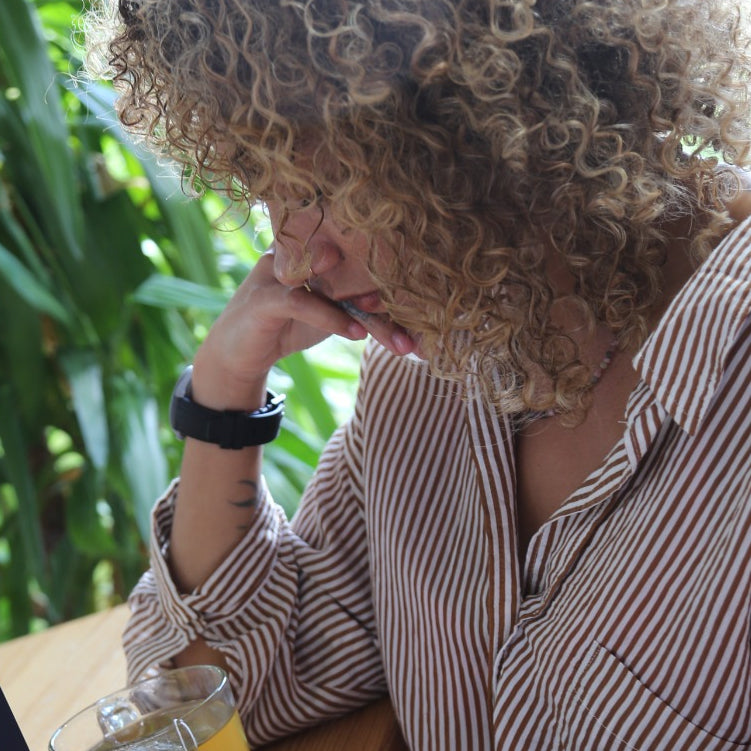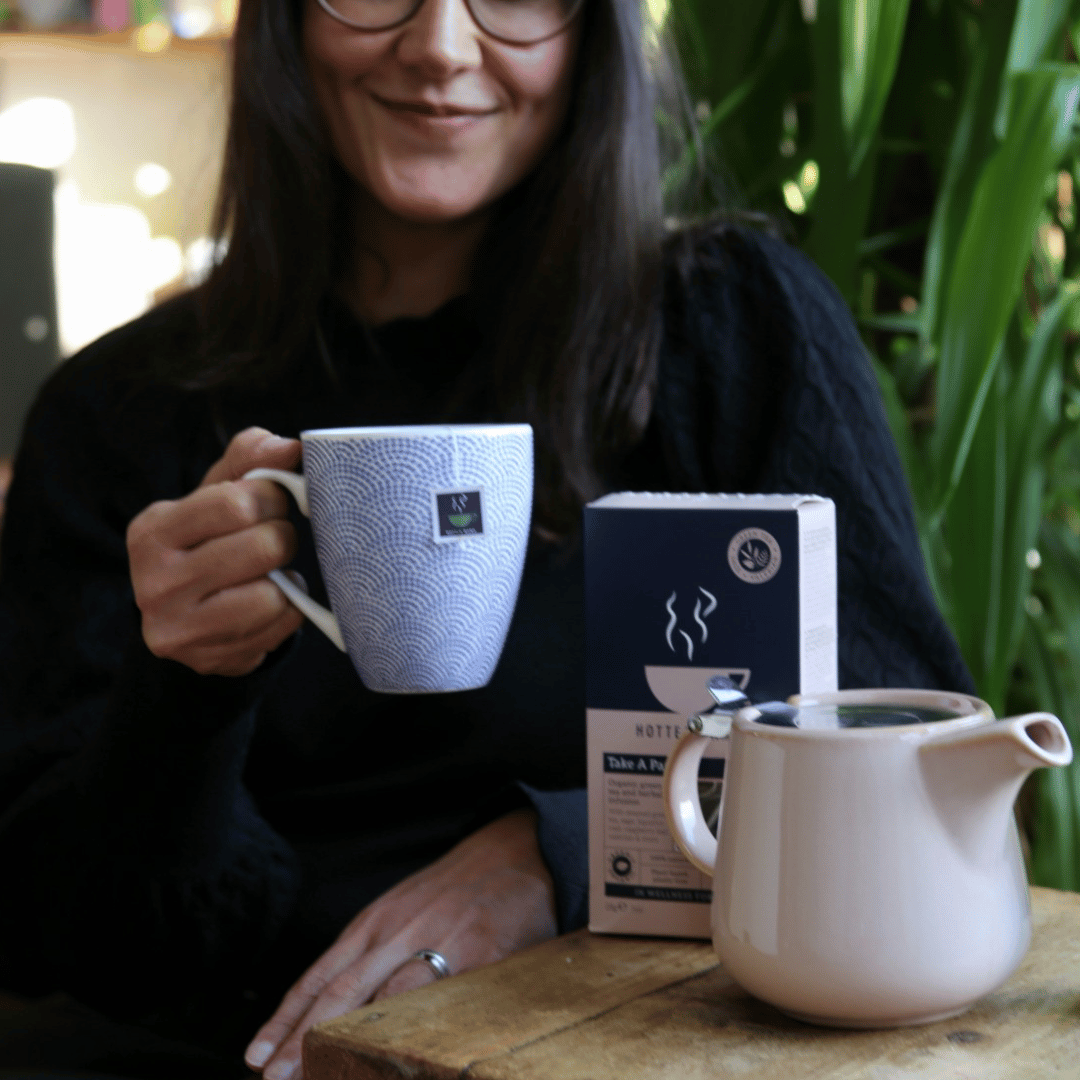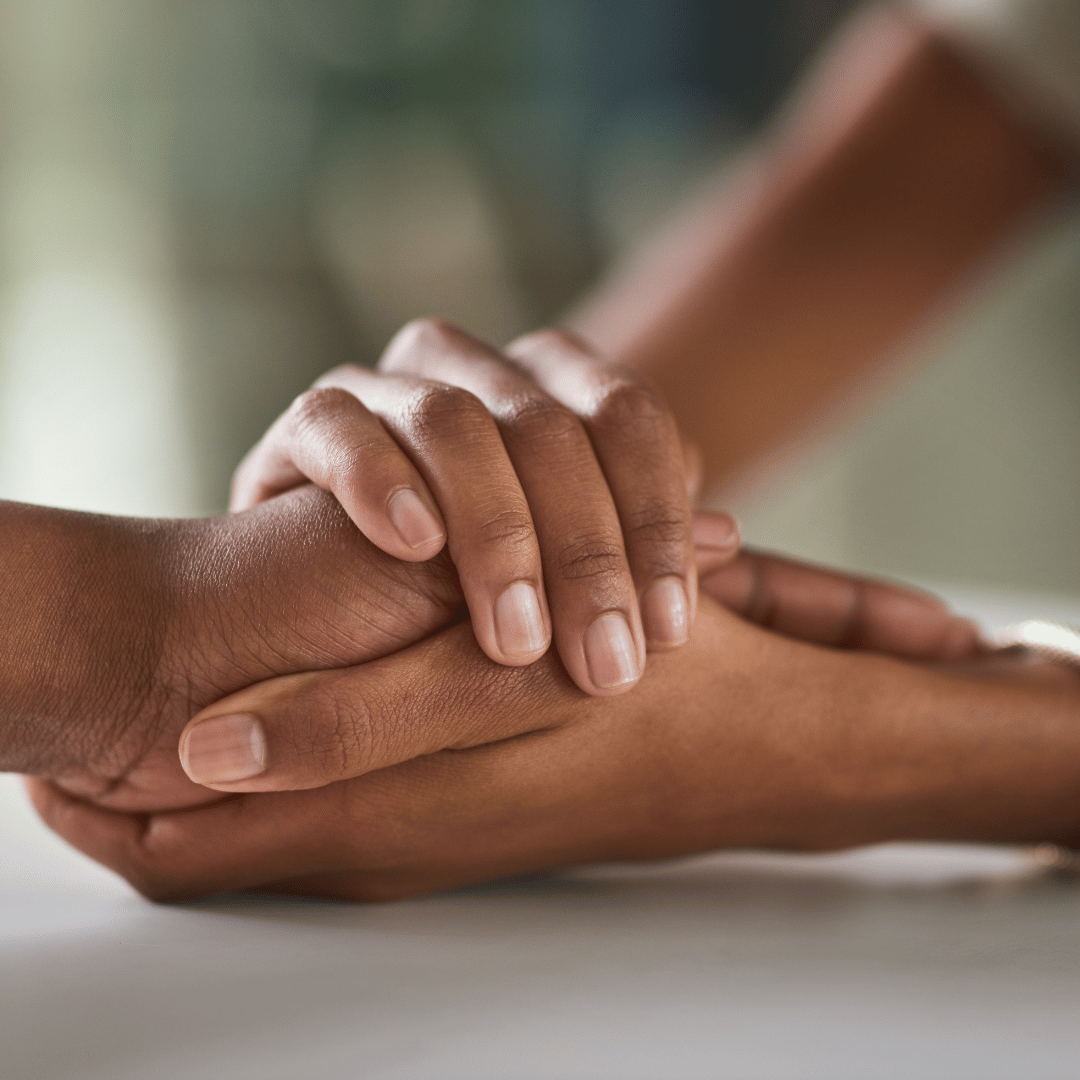What is PCOS?

Polycystic ovary syndrome (PCOS) affects 1 in 10 women. PCOS causes hormonal imbalance, metabolism problems, and how a woman's ovaries work.
The 3 main features of PCOS are:
- irregular periods – which means your ovaries do not regularly release eggs (ovulation)
- excess androgen – high levels of "male" hormones in your body, which may cause physical signs such as excess facial or body hair
- polycystic ovaries – your ovaries become enlarged and contain many fluid-filled sacs (follicles) that surround the eggs
If you have at least 2 of these features, you may be diagnosed with PCOS.
SymptomsThe signs and symptoms of PCOS usually become apparent during your late teens or early 20s. These can include:
- irregular periods or no periods at all - Women with PCOS may miss periods or have fewer periods (fewer than eight in a year). Or, their cycle may come every 21 days or more often. Some women with PCOS stop having menstrual periods.
- difficulty getting pregnant as a result of irregular ovulation or no ovulation
- excessive hair grows on the face, chin, or parts of the body where men usually have hair. This is called hirsutism, and affects up to 70% of women with PCOS
- thinning hair and hair loss from the head
- Weight gain or difficulty losing weight
PCOS is also associated with an increased risk of developing 2 diabetes and high cholesterol levels in later life.
CausesThe exact cause of PCOS is not known, but has been thought to be linked to genetics. Other factors which may play a role in PCOS are:
High levels of androgens, which are sometimes called "male hormones," although all women make small amounts of androgens, they control the development of male traits, such as male-pattern baldness. Women with PCOS have more androgens than normal. Higher than normal androgen levels in women can prevent the ovaries from releasing an egg (ovulation) during each menstrual cycle, and can cause extra hair growth and acne, two signs of PCOS.
Insulin resistance - this is when the body's cells do not respond normally to insulin. As a result, your insulin blood levels become higher than normal. Many women with PCOS have insulin resistance, especially if overweight, or do not get enough physical activity, and have a family history of diabetes (usually type 2 diabetes). Over time, insulin resistance can lead to type 2 diabetes.
TreatmentThere's no cure for PCOS, but the symptoms can be treated. You should speak to a GP if you think you may have PCOS.
There are medicines available to treat symptoms such as excessive hair growth, irregular periods and fertility problems.
With treatment, most women with PCOS are able to get pregnant.
These five things may naturally help to alleviate symptoms:
1) Eat a high protein breakfast - this can help to stabilise, and improve your blood sugar levels throughout the day.
2) Drink 2 cups of spearmint tea daily - there are small scale studies that suggest that spearmint can help to reduce high testosterone levels. Our Over The Moon tea contains spearmint, and natural herbs and botanicals, all carefully selected to support your body through its monthly cycle.
3) Eat cruciferous vegetables such as broccoli, cauliflower, kale, cabbage and watercress. These are high in fibre, which can help to combat insulin resistance by slowing down digestion, and reducing the effect of sugar on the blood.
4) Get to bed earlier - having more or improved sleep can help to stabilise your cortisol pattern.
5) Try to walk 3000 - 5000 steps daily - being more active can help to improve blood sugar levels, and insulin sensitivity.
If you suspect you have PCOS or are experiencing symptoms you should talk to your GP or healthcare provider for diagnosis and support.




Comments